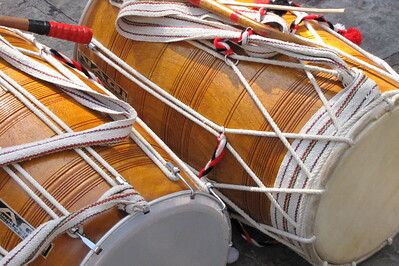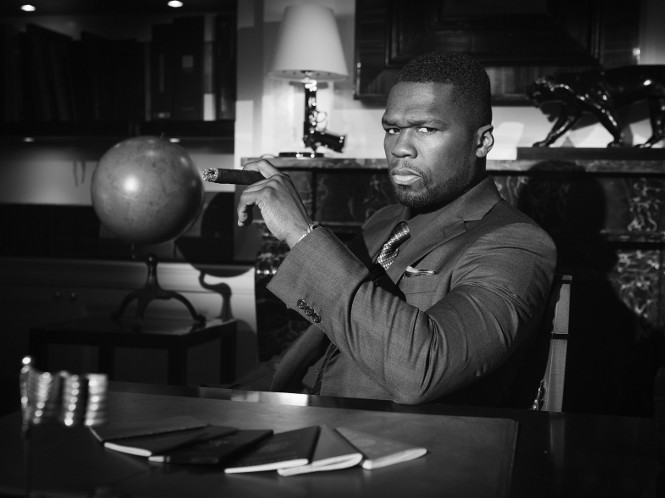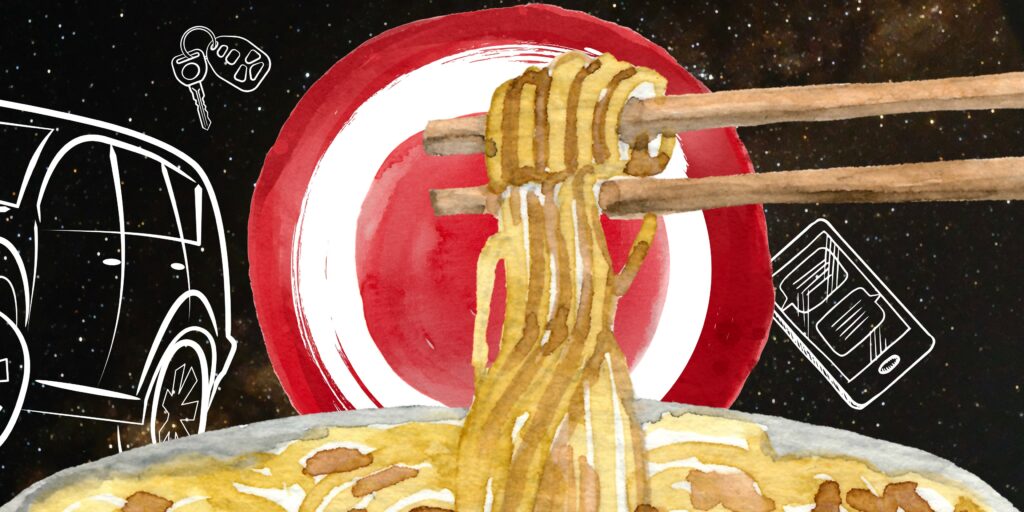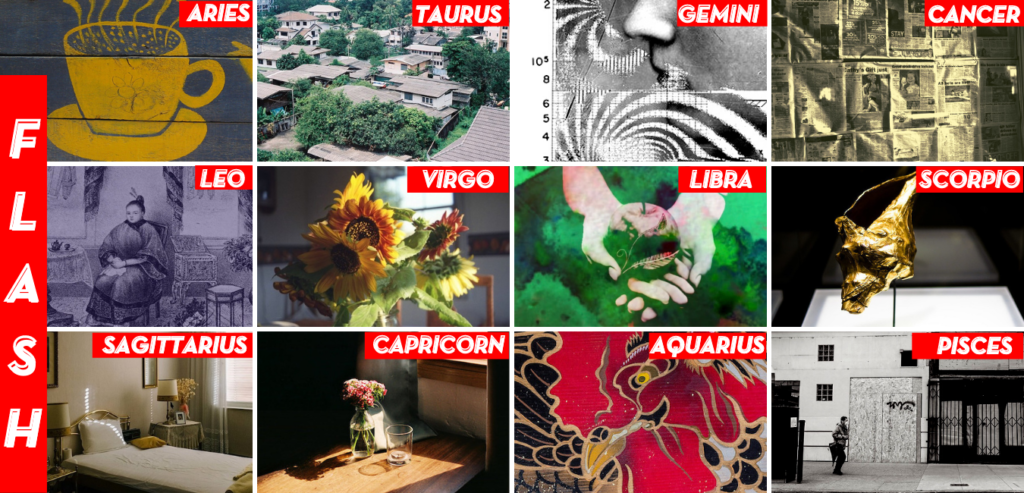I close my eyes once again and let my hands remember the beat.

January 14, 2022
The day the last qawal is killed, I finally venture into Baba’s old store under the stairs. Swift, sudden, and unthinking, like something in the store is pulling me against my sense of caution. Against my desire to outlive the apocalypse that I have been so good at surviving so far.
I know they are there. I can feel my feet forcing me toward them, my heart already swaying to the beat I am about to play. More than twenty years have passed since I banged on the stretched skin of these dhols. So many years of living under audio surveillance, of not being able to complete half-remembered prayer songs Baba sang to me, of being unable to exercise the memory muscles of my throat —mori araj suno, dastagir pir, maiyri—of being unable to finish the centuries-old poem Baba had taught me.
One by one, I carry the instruments adorned with dust-filled tussles and jute out of the store and into the heat of the ominous sun, placing them in the same place where pianos, guitars, drums, and even chimes were once publicly burned. Where twenty years ago, I saw Baba’s hefty body curl into a blubbering ball near the ashes of the instruments. “It doesn’t matter if you preserve the world anymore,” he had cried, his white beard covered in tears. “What is life without music?”
Until today, I have done a pretty good job of blocking memories of the day I saw my father curled up like that, so helpless and weak. But today, the sounds of Baba’s hoarse wails interjecting the hopeful chants of the public threaten my breathing. I let myself remember Baba’s cries. I allow myself to feel the grief of losing a parent to grief, a parent who I had always wanted to sound like, always wanted to look like but never could, whose clothes would never fit me despite my efforts to bind my chest, despite all the hormones I injected into my blood. All I had wanted all my life was to be him until the day I saw him weep like that, like a woman, like no man ever would. But now, with sweat drops trickling down my armpits and spine, I finally remember the shame of having a father so feminine he would weep in public, the kind of shame anyone with a body like mine would be too ashamed of harboring.
When I pick up the dhol and put its belt around my neck, I feel something move up my spine. I rub my hands over the dhol and beat the right side hard. A crow caws loudly in response. I beat the left side twice. Again. Slowly at first and then faster, harder. I beat both sides, my hands moving in circular shapes. More crows start to caw at me. I synchronize the movements of my palms with the bird calls. I close my eyes once again and let my hands remember the beat. I hear a siren in the distance and try to drown it out with my dhol. I am swirling now, the dhol a foot away from my body as I beat it hard, rotating my dayan and bayan. The siren gets louder. I know the military trucks are approaching, but I keep playing. I know they think I am dangerous, that I will bring back the famine with my music. But I keep twirling, my hands banging the dhol. I hear bullets. I feel something erupt through my organs. I feel the collar of my kurta getting wetter, redder.
My kurta rips from the back as new arms extend from my body, some from my torso, others from my hips, reaching out to the tablas, playing them along with the other drums. And for just an ephemeral moment, I let my corporeal desires dissipate.
Those desires had been desperate. All those desperate attempts had been for Baba. All those times I tried to deepen my voice. All those times I slouched my shoulders and walked like him. “Maybe I, too, will be the kind of qawal he is; maybe I, too, will transcend this body one day, and grow tentacles like I want, one day”—that dream had been interrupted by military projects, by the UN’s declaration to fight climate change by connecting famines to sound vibrations, by the scientists who had discovered that percussion and melody disturbed our technologically cleansed air, by the way I had felt my spirit crumble into the hot earth. So I had decided that I wanted to live more than I wanted to sing. And then, my dreams of becoming Baba had turned into something quite different—“maybe I will survive, maybe I will be healthy, maybe I will help end this impending doom.” And I had stashed my dreams in the store under the stairs.
But now, after feeling that bullet rip my ribs open, I am back to that dream. Growing tentacles. So many arms to play the drums with. As I play the tabla, the duff, the mridangam, the kanjira I remember those unremembered verses, those buried melodies that have tortured me for twenty years—“Ab ja kar yeh bhed khula hai, toray mandir may joh nahin aaya, woh toh tum hee thay.” Relieved, I conjure more barrel drums and beat on those. I conjure more talking drums and let them beat on me. My hands and feet twirl synchronously. For the first time in my life, I feel myself going beyond this body but also within it. Exceeding myself. I am the belonging I always craved. I am the dhol I play from all sides. I am the ecstatic parent with a wild weeping heart, bobbing my head to the beat of an old rhythm, over and over again.



